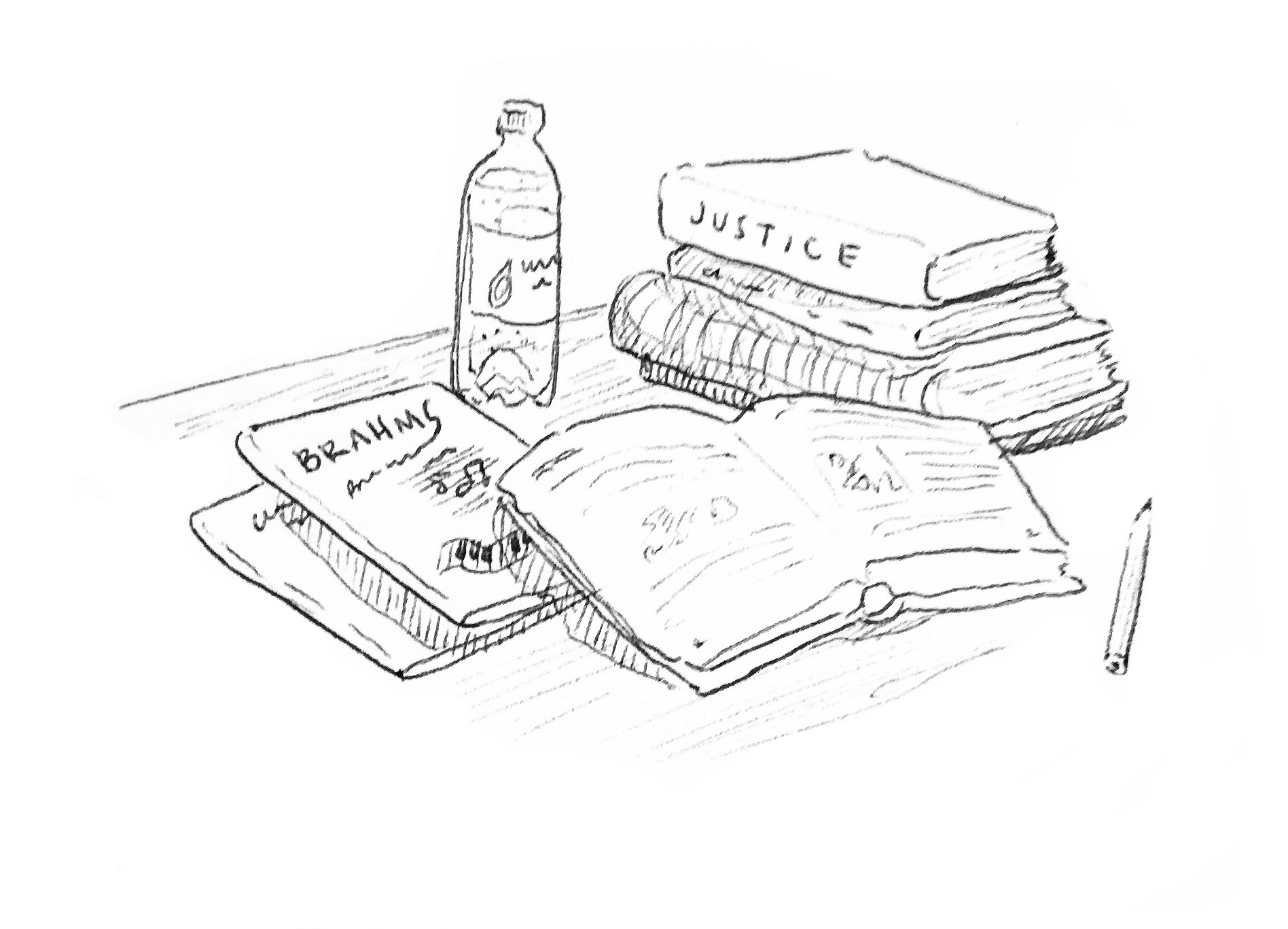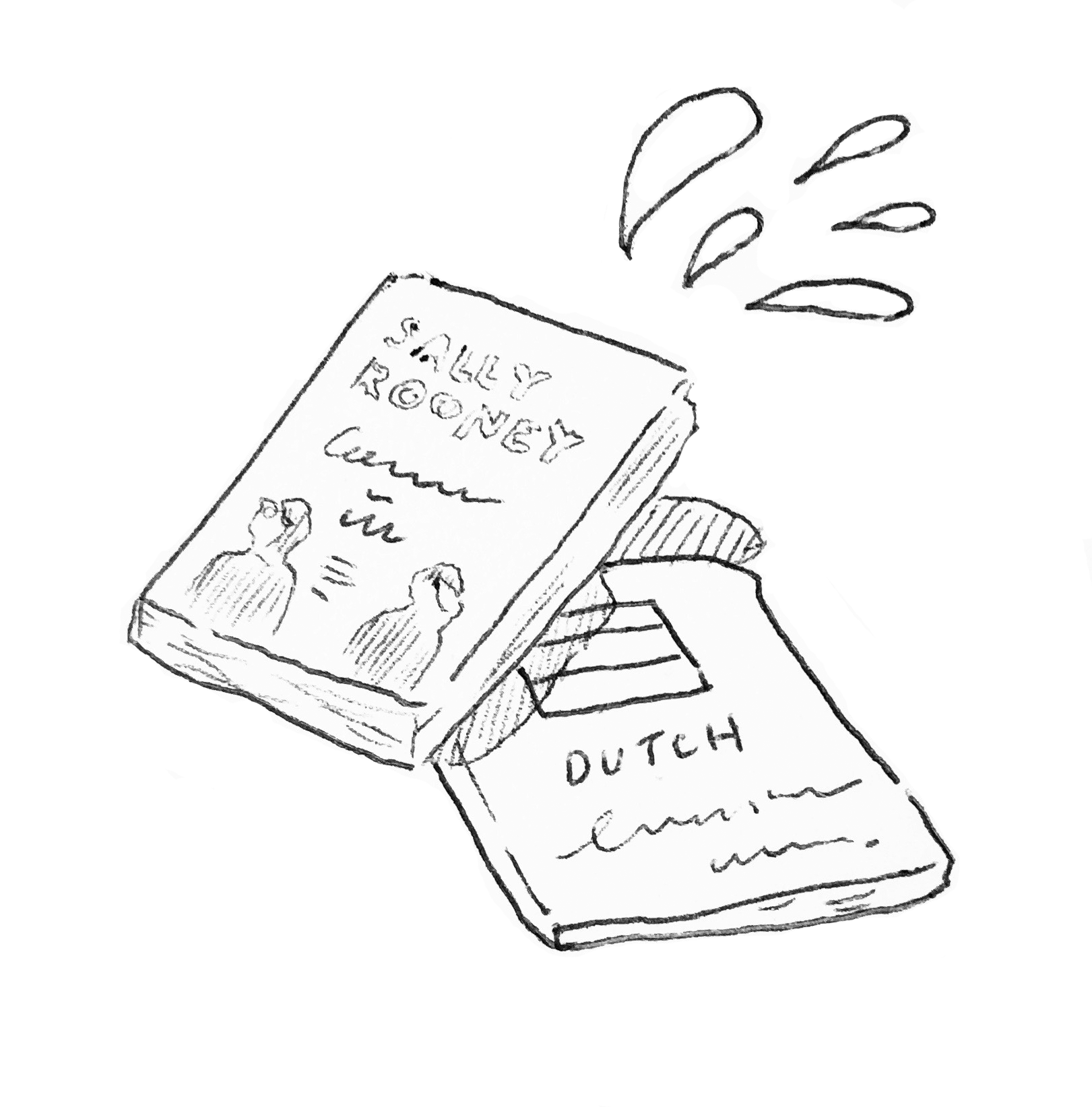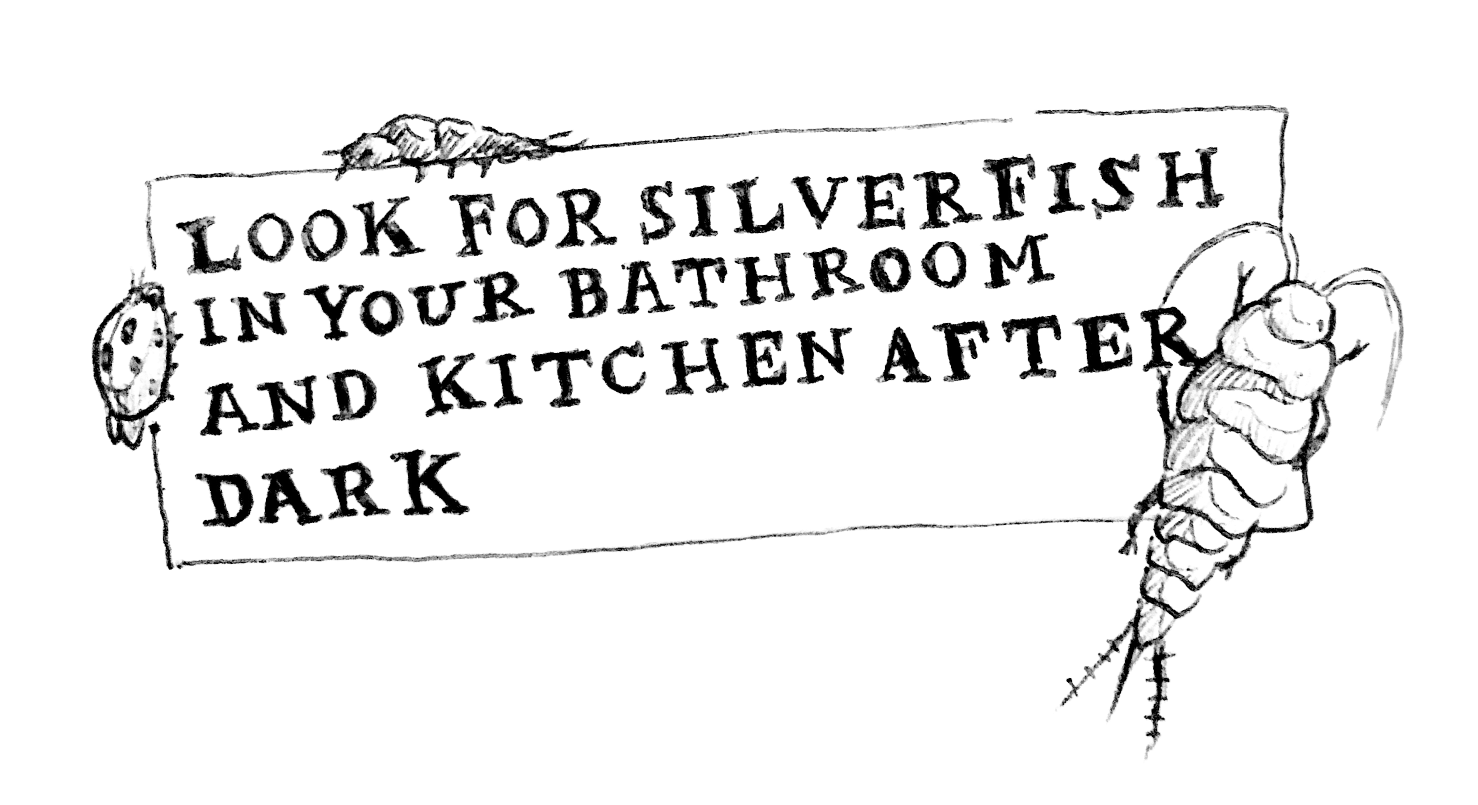Lately
Soupbone Collective
Featuring the things to which we have returned consistently over past months—what we have kept on our minds and close to our hearts. Illustrations by Melissa Frateantonio.
Melissa
+ I have been thinking a lot about all the literature I need and desire to read in my lifetime. I have been asking a lot of my friends for suggestions. My friend Olimpia urged me to read Don Quixote, which I have begun. Perhaps this thought has gained momentum because of how close life is to death, something of a completely different realm, under the current circumstances. Ironically, I realise there will never be enough time to do all the things in the world.
+ Perhaps this is a train of thought that I’ve been carrying for two years now, yet it continues. Time. How the time of one’s life criss-crosses into the trajectories of others; the idea that you happen to come across something—a book, a painting, a person—at the perfect time. (Ironically, I’m listening to a song whilst writing this that repeats, “I guess I’ll see you next lifetime.“)
+ I’ve been thinking about all the friendships that could have blossomed if we had next term; the term which would have been the one to conclude my four years at Durham University. I can’t explain how I feel about it, because I don’t exactly feel upset. It’s more knowing that there was an opportunity that was precedented, taken for granted, and it managed to slip away.

Adrian
-
Procedural Justice: in work on my undergraduate thesis, I stumbled into the thickets of procedural justice — justice defined in terms of the process by which a state of affairs is reached, rather than by substantive features of the state of affairs itself. Since then, I’ve been seeing it everywhere. The best states of affairs, the best beliefs, the best decisions are all hard to define simply by what the state of affairs or belief or decision is. The specific way in which we came to it, and the values inherent in the twists and turns of the procedure, are as important as the end result.
-
Brahms: Ballade in B major, Op. 10, No. 4. I was drawn initially to the first ballade in the Op. 10 set and the macabre “Edward Ballade” on which it was based, but I feel a particular affinity to the fourth ballade. This ballade feels, for reasons I cannot explain, like “perfect” music — I rarely feel this way about pieces of music; the only other example that comes to my mind is the first piece of Schoenberg’s Op. 23.
-
How short my college career has been. Four years? That’s it? I’m quite unready to graduate.

Kate
— Ari Aster describing Midsommar as “a breakup movie.”
— Sally Rooney’s novel Conversations with Friends and the thoughts it’s made me have about relationships of all kinds, dependence, and email communication.
— “Lachebekje,” a Dutch word which translates loosely to smiley, or little laughing mouth (adding “je” to any word makes it little). I pride myself on laughing easily, though it’s something I’ve been insecure about in the past, and I feel like this word celebrates that.

Kevin
Something I’ve been thinking about a lot lately: “You are the only authority on your own potential.”
Rebecca
I’ve been coming back to my time in Bath, England—what it was like to create a home in an entirely new place so far from everything I’d known before, and how much that place is still a home for me. I’ve also been circling back to some modernist literature to consider how authors like Woolf, Mansfield, and Joyce portrayed identity through tools such as stream of consciousness. Lastly, I’ve been trying to hold onto tiny moments of happiness: feeling my cat purr when she’s curling up to nap with me; hearing summer breezes through leaves and watching their shadows move on the ground; watching the stars on a clear night sky.

Lauren
The podcast “The Poetry Gods” (in particular Episode 6 with Paul Tran); Exit West by Mohsin Hamid; and what it means to build something for the public good (inspired by a lecture by the partners of Kieran Timberlake architecture firm).
Patrick
-
Bananas with peanut butter: when I was little, I was convinced that Heffalumps (the elephants from Winnie the Pooh) lived in our backyard, demanding food. (I think they were actually possums). Humoring me, my dad cut a banana into coins, put peanut butter on the slices, and set it outside, thus creating our own “Heffalump Food.” Tasty not just to storybook creatures, Heffalump Food became a favorite snack---an integral flavor of my childhood with a name only my parents and I understood. Since coming home to ride out the pandemic with my family, I’ve started eating it almost every day. We still call it Heffalump Food, and it’s still just as tasty.
-
The new Dua Lipa album, Future Nostalgia. It’s very good.
-
A Gentleman in Moscow. Amor Towles’ 2016 novel follows an old-guard Russian aristocrat, Alexander Ilyich Rostov, who gets stripped of his rich trappings and sentenced to house arrest by the Soviet government. The grace with which he bears his new and arbitrary restrictions is luxurious to read, and I find myself hoping to emulate his tranquil poise through our own moment of restrictions, fear, and uncertainty.
Cindy
- A phone call where I said “it doesn’t feel right to resort to being strangers again.”
- My mom texting me “thank you for listening to my garbage, my sweetheart.”
- My dad giving me a kiss and saying “I’m so proud of my daughter.”
- Crash Landing on You and the impossible handsomeness of Hyun Bin
- How people grow apart and grow back together, like a boxspring
- Why the textures of noodles and rice are so fabulous
- The looming question of grad school

Margaret
1. This placard from the bug section of the natural history museum that is also an entire poem:

2. This gem from Susan Sontag in conversation wtith Tony Kushner on art and politics: ‘“You can call people’s attention to injustice—that’s a very important thing to do. But even more important now, I think, is the job of keeping alive people’s capacity for feeling, feeling in a responsible rather than a facile way.“’
3. Peach Pit’s song Shampoo Bottles—I love the idea of a slow descent out of a relationship told in terms of (or complicated by?) the physical objects left behind. Is it more permissible, somehow, to let objects stick around, maybe under the guise of laziness, than to admit that your thoughts still center entirely around a person? Do the objects act as touchstones, or excuses, or substitutes, for those thoughts? Who owns what’s left behind?
Tiffany
—Aristotle and Dante Discover the Secrets of the Universe by Benjamin Alire Sáenz. I started reading young adult books again over spring break and this is the one that stuck. If I’m allowed to fall in love with a book then this is the one. The miniature preface to the book: “Why do we smile? Why do we laugh? Why do we feel alone? Why are we sad and confused? Why do we read poetry? Why do we cry when we see a painting? Why is there a riot in the heart when we love? Why do we feel shame? What is that thing in the pit of your stomach called desire?”
—Oh, bake anything with lemons in a loaf pan. Cornmeal pound cake. Turmeric tea cake.
—Karuta, a Japanese card game based on an anthology of 100 classic poems. I just listen to recorded games because I love the way poems are read out loud like a song, the sound of hands on the floor, the stretches of quiet.
H.Z.
Céline Sciamma!!, Sufjan Stevens, and meditation.

Phoebe
‡ Céline Sciamma’s Portrait of a Lady on Fire. This is a film that gifts what it poeticises: love as a work of art, and art as an expression of love.
‡ Joanna Newsom’s discography! Newsom is an artist who reworks lyric poetry into epic proportions; she manages to weave storytelling and melody in a way that feels Homeric in scale, Sapphic in atmosphere. Her lyrics possess the striking ability to conjure scenes that are deeply personal yet sprawling in scope, rife with encyclopedic references and intimate mythologies. Who else could rhyme “Ozymandian” with “Sapokanikan” and get away with it?
‡ “How many angels can dance on the head of a pin?”, which is a reduction to absurdity that summarizes, I think, a lot of mainstream attitudes toward academia and academic work, but also somehow captures the baffling allure of creating academic work, of reaching toward so useless and so enrapturing a question.